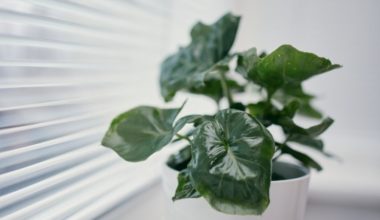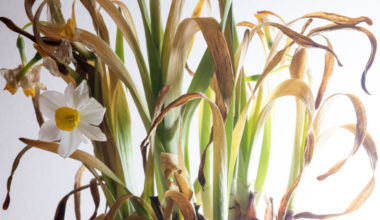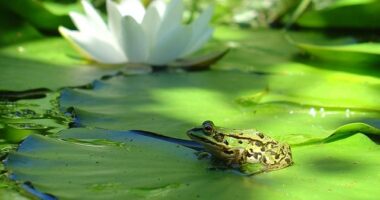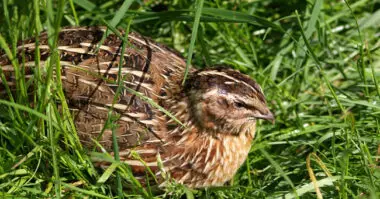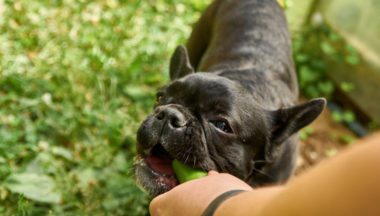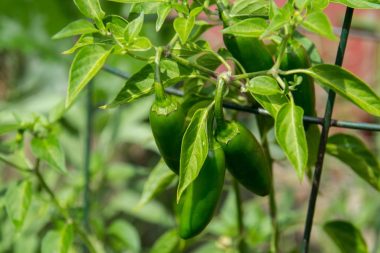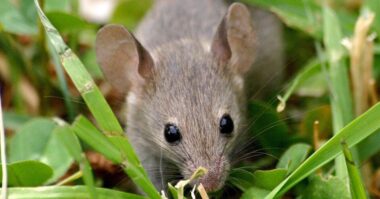Do you have a cat and a bamboo tree in your home? It is very likely that your cat has already tasted its leaves or crunched in its culms. But is bamboo really a danger for your cat?
No, bamboo is not harmful to cats. The vomiting caused by bamboo is in most cases due to the fact that the cat uses it to purge itself. This is a natural behavior.
The vomiting caused by eating the plant allows the cat to evacuate the hairballs from its stomach or intestines. In addition to this, the fibers of bamboo are difficult to digest for the cat, which is a “hypercarnivore”.
Why should your cat vomit its hair (with or without bamboo)?
Cats can eat the leaves of bamboo, as they would many other plants. This is often Fargesia bamboo, which is the type of bamboo most commonly found in homes.
However, there are many reports of vomiting when cats eat bamboo. Some people wonder if bamboo is toxic for cats.
However, the reason is quite different in most cases, and most bamboo has no real toxicity.
In fact, your cat must purge and vomit the hair that accumulates in its digestive tract when it licks itself. This is a totally natural phenomenon. Cats frequently lick themselves to groom themselves and remove dead hair and regulate their body temperature.
However, the cat’s tongue is very rough and covered with thousands of small papillae. Many hairs are then ingested by the cat when it licks itself. After being ingested, these hairs end up in the digestive tract. These hairs cannot be digested, so they are usually evacuated through the stool or via vomiting.
Bamboo is a grass, and the cat uses it to purge.
The problem can occur if too much hair is ingested by your pet. This hair accumulates until it forms a ball that the cat will try to evacuate by vomiting.
Why does the cat use bamboo to make itself vomit?
Cats need to eat plants, which provide fiber to help them purge. Bamboo is a grass and is one of these plants. Your cat can use it to make itself vomit naturally and spit out its hairballs.
So, if vomiting has only occurred once after ingesting the bamboo leaves, there’s no need to worry. If vomiting occurs repeatedly, and you see abnormal behavior in your cat after ingesting bamboo, consult a veterinarian.
Does your cat live in your apartment and never goes outside? Then he will have few green plants to use for purging. He is then likely to use green plants that are toxic: Yucca, Ficus, Alocasia, Monstera deliciosa… In this case, it is better to put these plants out of reach of your cat.
If your pet is older, there is less chance that the quantities he will ingest will cause him serious problems. However, keep an eye on kittens who are more fragile (or puppies if you have them too).
Is your cat mainly outdoors? It is also important to know that one of the most important factors of mortality is the ingestion of phytosanitary products, not plants.
So, unless you have been using pesticides to try to get rid of your bamboo, it is unlikely that bamboo is toxic to your cat. They are generally not a danger to your cat.
If you don’t want your cat to eat your (non-toxic) bamboo
There may be times when your cat is having too much fun with your bamboo and the bamboo is suffering. In that case, you may want your cat to stay away from your bamboo even though it is non-toxic, but rather to prevent it from killing your plant! Here are the solutions:
- Provide a small corner in your home with plants that the cat can use to purge: aromatic herbs that are good for cats: Valerian, thyme, lemon balm …
- Buy catnip. This is young grass shoots that can be found in stores. It can be young shoots of wheat, oats, rye or barley. (Be careful not to confuse catnip and catnip: the latter has the effect of causing euphoric reactions to fore cat). ) So you can grow catnip in your window box or on your balcony, terrace or garden. It will prevent your cat from attacking your bamboo!
- Simply put your bamboo in a room where your cat will not have access. This solution implies to be vigilant, because as soon as your back is turned, your cat will not hesitate to reach your bamboo to nibble it!
- Associate the cat’s contact with the plant as something unpleasant for him. So, as soon as he gets close to the plant and is about to touch it, spray him with water. Try not to let him see that you are the one applying the water. If the cat is sprayed with water when it comes in contact with your bamboo, it will stop coming near it.
- Use a repellent on your bamboo. There are many cat repellents available, but be sure to ask before you buy as not all are effective. Also, be sure to follow the dosage instructions on the product, as it will not work if applied in too small an amount. If you have poisonous plants other than bamboo in your apartment, using an effective repellent can be a good way to keep your cat away from them.

